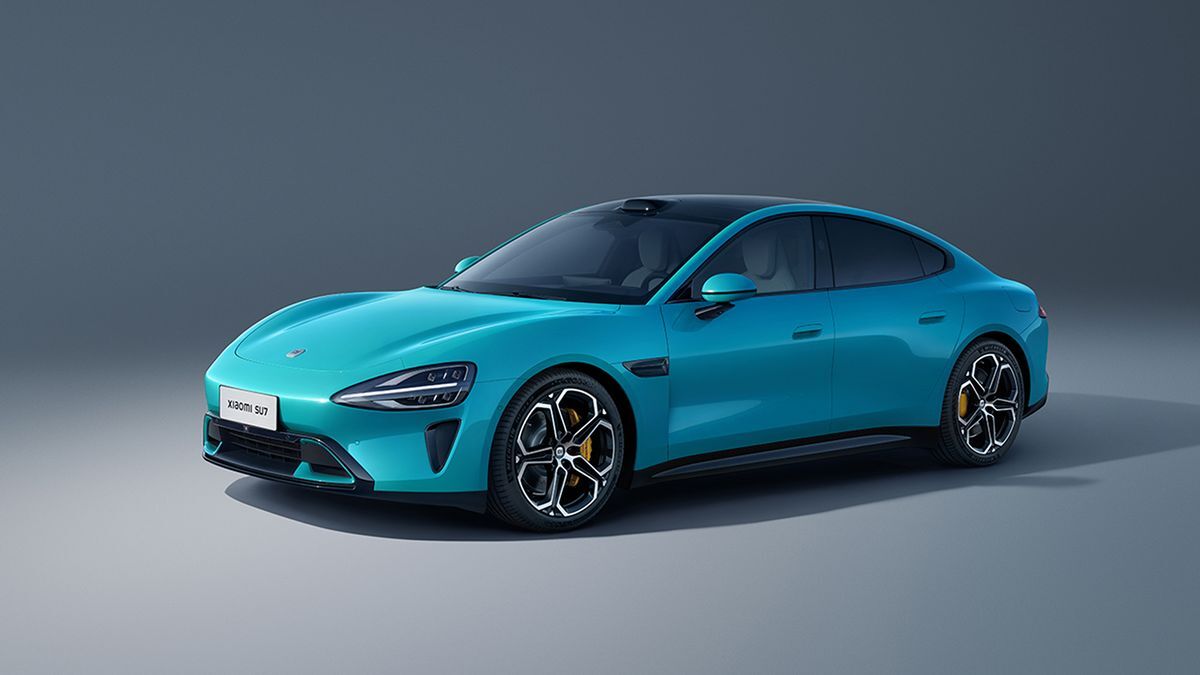
its cool that evs are becoming a thing and all but please please don’t make them into smartphones.

Best they can do is make them tracking devices. https://foundation.mozilla.org/en/blog/privacy-nightmare-on-wheels-every-car-brand-reviewed-by-mozilla-including-ford-volkswagen-and-toyota-flunks-privacy-test/
Xiaomi has a great track record with electronics, especially smartphones, so it will be interesting to see if they can bring some of that success to EVs. On paper this looks impressive. Xiaomi has been doing a lot of independent research into autonomous driving. This will launch with impressive abilities, but it’s not at Level 4 driving yet.

People seriously need to stop using distance as a measure for charging speeds and battery capacity. It makes no fucking sense and makes it impossible to compare actual charging speeds, battery capacity and efficiency between cars.

Yeah, and what about mpg on gas cars! or battery life on phones! Or longevity of light bulbs! Or number of prints for ink sources! Or how many miles a tire should last! Or average time to complete a game! Or…
You know what? As long as the measurement is consistently measured between things, the measurements are comparable. A car having X range compared to another car with X range is probably a decent indicator of relative ranges even if it isn’t perfect in practice.
Just assume real world ranges are like 80% of whatever is advertised just like mpg estimates.

I think the point the previous commenter was getting at was that a car that goes twice as far but takes four times as long to charge from ten to eighty is practically far worse than the first one for long journeys, at least so long as the range covers local trips.
The obsession with range also puts a very wasteful pressure on the market to use bigger and bigger batteries, which add to both their cost and environmental impact, most of which may have not get used a few times in the cars life if at all.

If you really want values to compare between EVs, consider picking a range measurement specification (WLTP, NEDC or EPA) and look up the range specified as tested.
EPA is city driving only, so probably ignore that. Most if not all manufacturers give their range in WLTP, so that is somewhat directly comparable: notwithstanding software restrictions, BMS limitations in various weather conditions etc, as these cars are computers at their core and vastly more dynamic compared to a combustion engine.
No mainstream measurement spec may meet your requirements though IMO - may be a better idea for you to pick some EVs to compare, and look at real world accounts from other users. All the range in the world is useless if your EV’s computer crashes while charging preventing you from fast charging or operating certain parts of the vehicle, for example

Yeah! And stop talking about MPGs in gas cars too, how is that relevant to anyone?

Makes sense. What are you thinking would be better? km/kWh efficiency, kWh capacity, and kWh/h charging rate?
I guess that last one could be kW charging rate. I raised my own eyebrows at myself typing kWh/h.
Then again it’s tough to capture a non-linear charge rate in one number. Maybe the press release could come with an asterisk: “*This is the coefficient of a logarithmic function.” I’m guessing you have something more sensible in mind like time to X kWh, or time to 80% charge.
Do you think people would stand for the technically-equivalent-and-simplified m/Wh instead of km/kWh? Slaps roof of car “Got a lotta meters in this one!”


